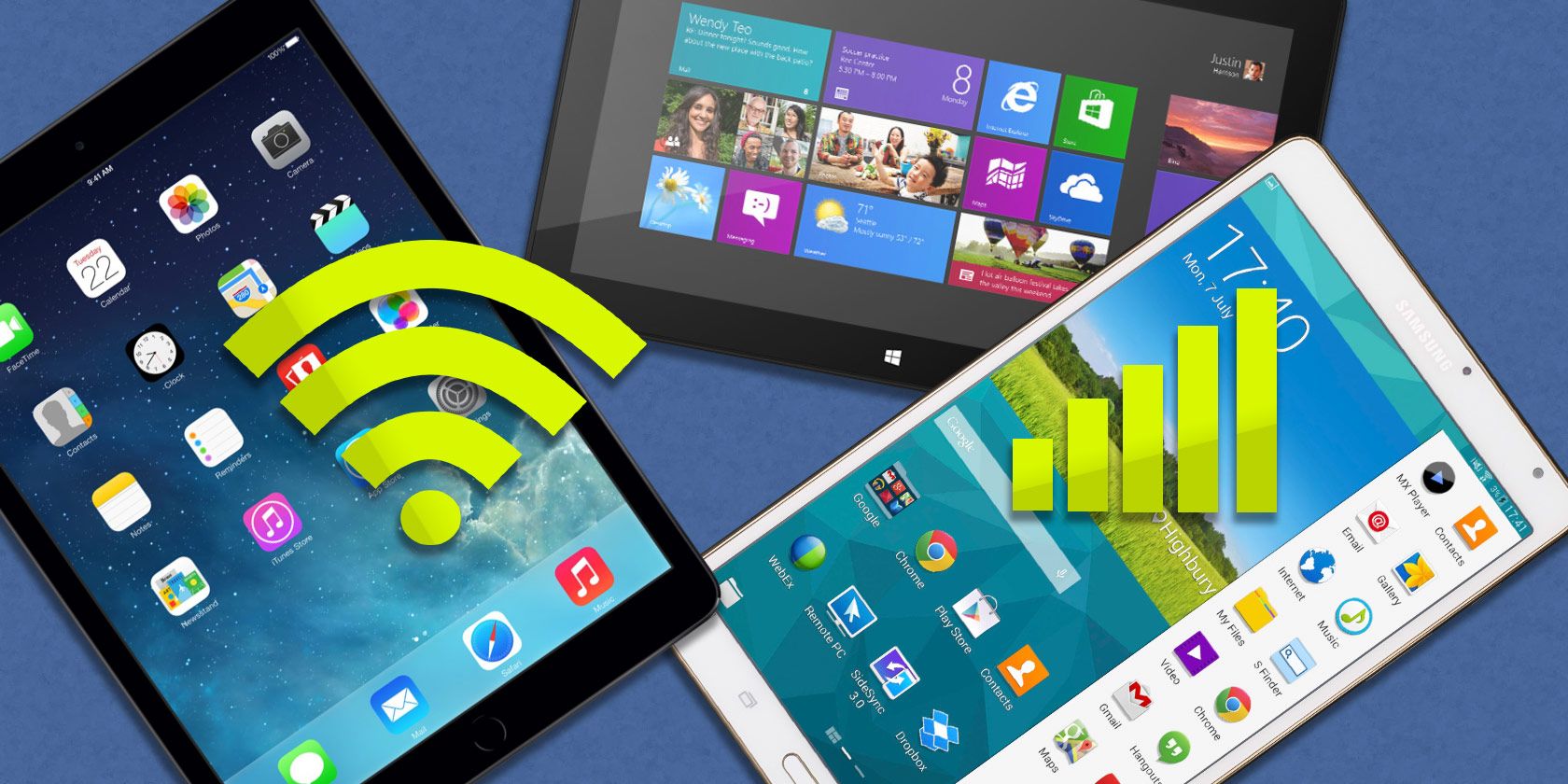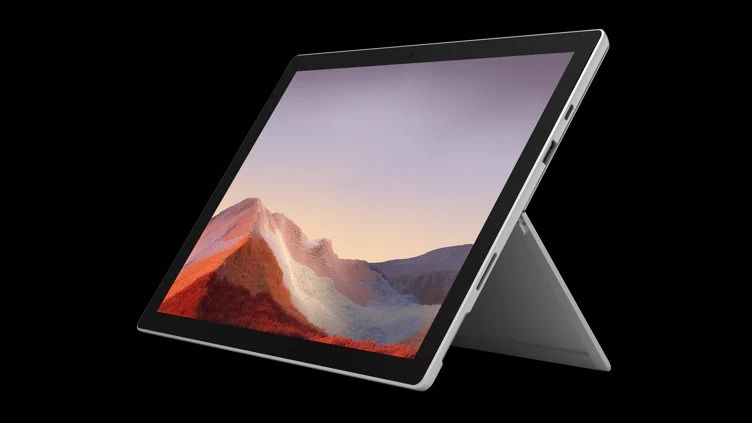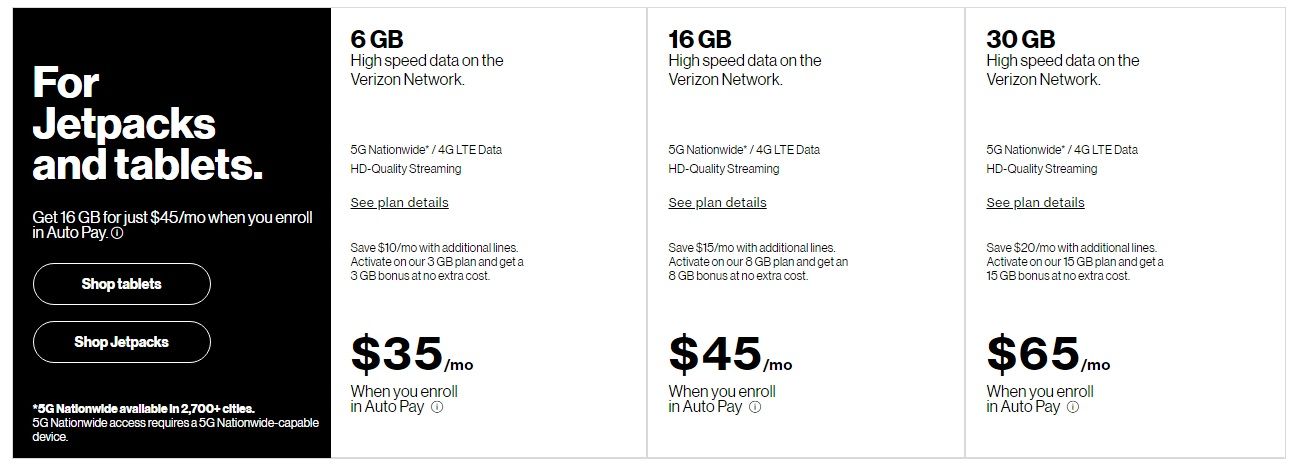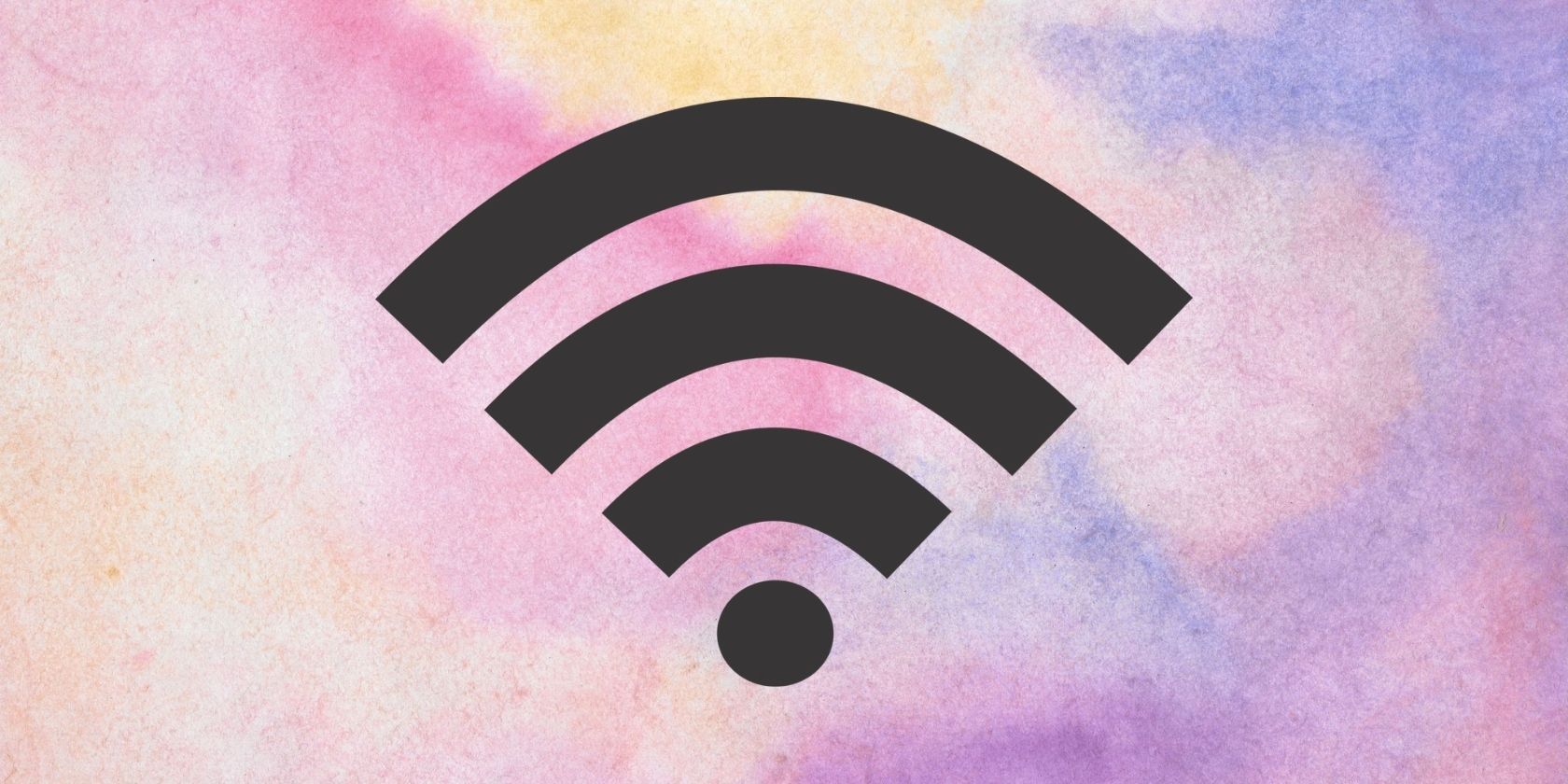There are still many good reasons to buy a tablet, and when you're buying one, your biggest choice is between an iPad or an Android device. Or maybe even opting for Windows instead.
Then the next big decision is whether to go for a Wi-Fi-only model or pay extra for the 4G version. Let's take a look at some of the issues you'll need to consider.
LTE and Wi-Fi-Only Tablets Explained
Unlike smartphones, tablets commonly come into two flavors, LTE and Wi-Fi-only models. So before diving into the factors you should consider in your purchase, it's good to decipher what LTE means on a tablet. Simply put, LTE means the tablet supports 4G connectivity besides Wi-Fi.
With a 4G-enabled tablet and a data plan, you'll get full internet access without needing to stay within the range of a Wi-Fi hotspot. On the other hand, a Wi-Fi-only tablet means you can only connect to the internet via Wi-Fi. That's the main difference between an LTE and a Wi-Fi tablet.
Should You Buy an LTE and Wi-Fi-Only Tablet?
Now that you know the difference between the two, which tablet should you buy? There are different factors to consider. These include the retail price, availability of Wi-Fi and LTE, convenience, security, among others. Let's dive deeper into each.
1. Availability of Wi-Fi and LTE Connectivity
Since you get Wi-Fi too on an LTE tablet, you can continue to use that at home, switching only to 4G when it's needed. As such, you enjoy the best of both worlds when you go for an LTE tablet.
The availability and performance of 4G vary from one country to another. According to OpenSignal, 4G coverage was more than 95 percent in the U.S as of 2020.
LTE performance can be considerably faster in the largest cities, easily rivaling the speeds you'd get from a fixed broadband connection. Conversely, in more rural areas, LTE coverage and speed can be patchy.
But there's no getting away from the fact that when you do need a data connection, you really need one. Your phone can pick up the slack (to an extent) for things like email, social media, and the web. Plus, you can use it as a mobile hotspot, sharing your phone's data connection with your tablet.
However, not all data plans support tethering in this way and those that do normally impose restrictions on speed or the amount of data you can use. For the most part, it's a short-term solution rather than a long-term alternative.
2. Price of 4G LTE vs. Wi-Fi Only Tablets
For many, the most significant factor in choosing between 4G or Wi-Fi-only is the price. The simple act of adding an LTE radio to a tablet typically adds more to the price. For example, there's a $130 premium on the iPad Air 4G model. For a Surface Pro 7, it's $300.
Even if you've got the extra cash to spend, you should consider whether you need 4G or if you'd be better spending the money on a higher specced model instead. For nearly the same price as the 4G iPad Air, for instance, you can get a Wi-Fi-only version with double the storage.
3. Ongoing Data Costs
The up-front price is only the beginning. There's no point in having a 4G tablet without a 4G data plan to use with it.
4G data is expensive, and most plans come with strict usage limits (even T-Mobile's "unlimited" plan has a fair use policy that can kick in after you've used 50 GB of data in a month). You can expect to pay upwards of $20 per month just for a couple of gigabytes—over two years, that means you'll pay double the price of a Wi-Fi-only tablet, and often quite a bit more.
5. Convenience
The big selling point for a 4G tablet is convenience. So long as you are in an area with good network coverage, you'll have seamless connectivity wherever you are.
But how much of this will be on the mobile network?
4G serves as a backup connection, meaning that tablets will always default to a Wi-Fi connection whenever one is available. Now think about how often you have access to Wi-Fi: at home, in the office, at school, at friends' houses, in your local coffee shop, and countless other places.
Even trains and buses are increasingly offering Wi-Fi these days. So on second thought, you might need 4G less often than you imagine.
There are some instances where a permanent data connection is essential for a tablet. When you're working on a cloud-based document, for example, and you step out of range of your Wi-Fi network before it has finished syncing. Or when you want to play one of the many games that require internet access.
Location services are also more efficient on devices connected to a mobile network, as this can help calculate an exact position more quickly.
6. Battery Life
4G LTE uses more power than Wi-Fi, so battery life on 4G tablets takes a hit when compared to their Wi-Fi-only equivalents. But, whether you'll notice the difference is a different matter altogether.
Apple's specs for the iPad Air show that battery life is 10 percent shorter on 4G than Wi-Fi, but this only applies when you're connected to a 4G network. When you're on Wi-Fi, you'll continue to get Wi-Fi levels of battery consumption instead.
In all likelihood, you'll only notice the shorter battery life if you're a heavy user of both your tablet and 4G data. Charge your tablet every second or third day, and the difference will be negligible.
7. Security Considerations
The widespread availability of Wi-Fi hotspots means that having 4G on your tablet is less important than it otherwise might have been in the past. In any major town or city, you're rarely more than a few minutes away from a McDonald's or Starbucks if you need to get your tablet online.
While this is convenient, there are risks associated with logging onto public Wi-Fi. A 4G connection doesn't have security risks. However, if private services are important to you and you need to access them in public, 4G could be the safer option.
LTE vs. Wi-Fi-Only Tablet: Which Should You Choose?
That was a lot to digest, so to summarize everything:
- Wi-Fi-only tablets are much cheaper.
- 4G tablets have greater convenience and security, depending on where you use them.
- Battery life differences are negligible.
- Tethering is not a long-term alternative to 4G.
The massive difference in price means that, while 4G on a tablet might be nice to have, you should only consider it if you absolutely need it or if you aren't on a budget. 4G data plans aren't great value, and even if you can afford the extra costs, you might still find that investing in a higher-end device is the way to go.
Remember, if you need a tablet on a tight budget, Android is the way to go.





